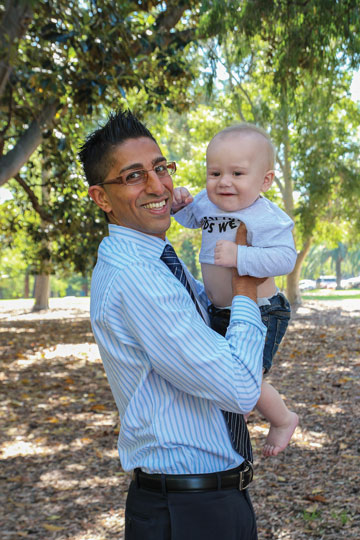Search
Showing results for "rishi kotecha"
We have revealed a novel SH2D1A gene mutation in a patient with XLP resulting in fulminant refractory EBV-driven HLH, which is a recognized severe complication
Our findings shed light on the mechanisms of leukemia-induced bone loss
We report a term male with congenital acute erythroleukemia who achieved sustained remission with low-dose cytosine arabinoside alone

Four The Kids Research Institute Australia researchers are among those who have received funding in the WA State Government's Merit Award Program announced today.

Dr Rishi Kotecha knows too well the devastation of a leukaemia diagnosis in a child, treating children as a consultant at Princess Margaret Hospital.
Although neurocognitive, psychological and behavioural problems were noted for some patients during medical review, only 20% of patients were formally assessed.
We provide evidence that targeting leukemia-induced bone loss is a therapeutic strategy for pre-B ALL
The largest GWAS meta-analysis conducted to date associating SNPs to venous thromboembolism in children and adolescents treated on childhood ALL protocols
Our approach to hematopoietic progenitor cells mobilization resulted in highly effective HPC harvest in children and adolescents with high-risk cancers
There is a high incidence of vaccine-preventable morbidity post-allogeneic haematopoietic stem cell transplantation in West Australian children
